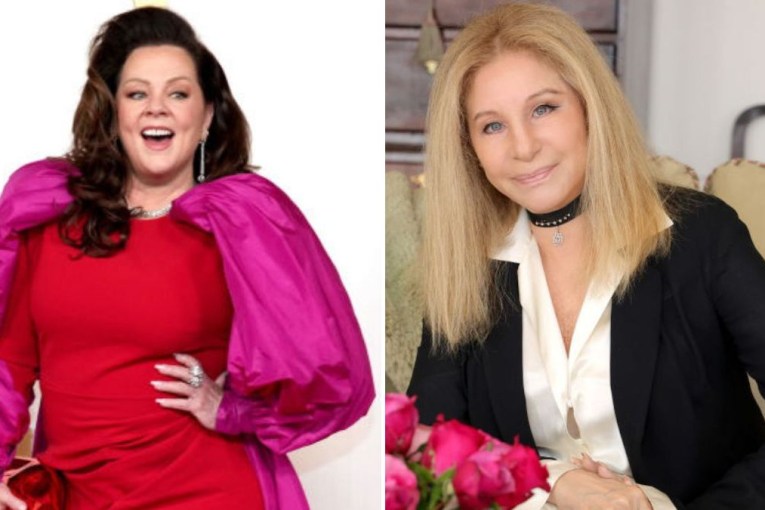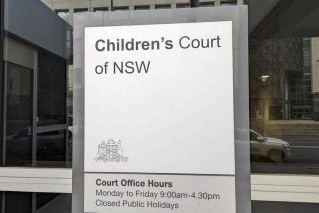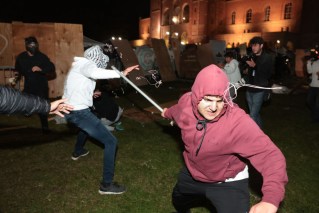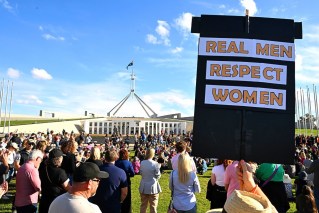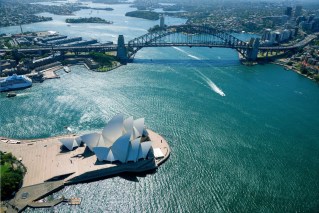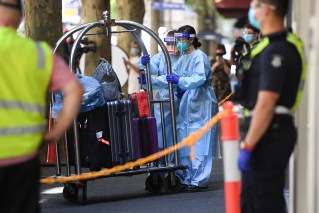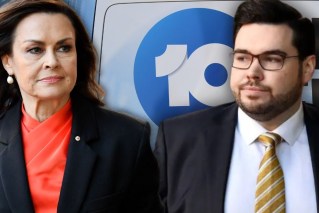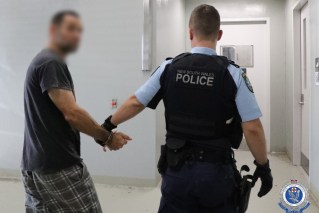Anthony Albanese rubbishes Voice claims in fiery radio interview

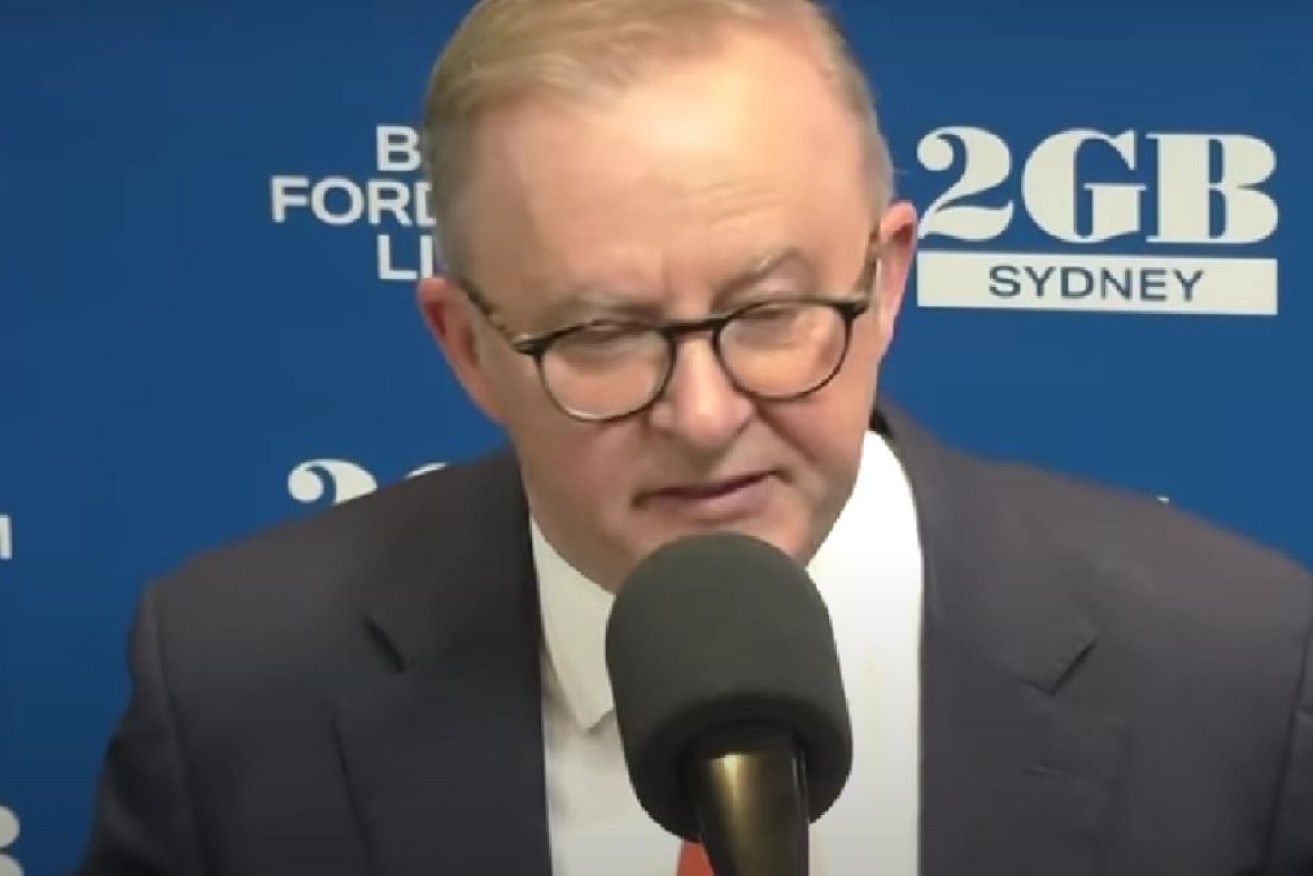
Prime Minister Anthony Albanese defended the Voice in an interview on 2GB. Photo: 2GB screenshot
Prime Minister Anthony Albanese has rubbished claims the Voice will give Indigenous Australians “special rights” as he clashed with a radio host in a fiery interview.
Mr Albanese also said it was not true that Voice members would be able to force federal government decisions on issues such as changing the date of Australia Day.
Mr Albanese was grilled on the Voice to Parliament on Sydney’s 2GB on Wednesday, including what “rights” it would give Indigenous people.
“Aren’t you putting one group of Australians above others?” he was asked.
“In trying to help, you are creating an exclusive group? Isn’t that stepping away from the idea that we are all equal?”
But Mr Albanese rejected this assertion, reminding listeners that First Nations people were falling a long way behind.
“Talking about Indigenous Australians having ‘special rights’ ignores the fact that this is the most disadvantaged group,” he said, giving examples of shorter life expectancy and higher likelihood of incarceration.
Mr Albanese was also asked if there was any truth to claims Voice members would have “exclusive access” to ministers, cabinet and the Reserve Bank.
“I can’t talk directly to the RBA board, and I’m the Prime Minister,” he retorted.
Mr Albanese assured listeners that the system of government would not change.
“There won’t be someone sitting in the cabinet room. There won’t be someone who’s not elected sitting in the parliament.”
He added: “One of the principles put forward and in the ‘Yes’ pamphlet makes it very clear, the Voice will not have the right of veto.
“Government decision stays the same. If people listen to some of the debate that’s gone on over the last few months, they don’t know that.”
Mr Albanese said many of the arguments circulating against the Voice were “red herrings” that were triggering debate about things “that aren’t happening rather than about things that are”.
Among them were tweets dating to 2020 from prominent ‘Yes’ campaigner Thomas Mayo about the Voice making Australians “pay the rent” for living on Aboriginal land.
“I disagree with that,” Mr Albanese said.
“People need to not raise red herrings.”
With polls showing declining support for the Voice, Mr Albanese was asked why he didn’t just legislate it and allow a separate referendum on constitutional recognition of Aboriginal people.
“If you continue down this path of the two tied together you will end up with a lose-lose,” he was told on air.
“Why be so stubborn and keep them together if you can be pragmatic?”
But Mr Albanese said he was confident Australians would support the Voice as time went on.
“I’m a pragmatic guy but one of the things that has occurred here is that (this has come from) Indigenous Australians themselves,” he said.
“This hasn’t come from politicians, this hasn’t come from Canberra.
“Indigenous Australians have had a constitutional convention back in 2017 and they said they don’t just want the symbolism of recognition, they want something that will make a practical change to their lives.”
He said the Indigenous Voice to Parliament was designed to help improve outcomes in areas such as health and education – and was a request that had come directly from Aboriginal people.
“This isn’t about me, this is about Indigenous Australians,” he said.
Source: 2GB
‘Unfinished business’
Meanwhile, prominent Indigenous lawyer Noel Pearson said “all kinds of scaremongering” was clouding the reality of what the Voice would be.
Mr Pearson said it would actually make Australia “complete”.
“We didn’t do it when the country federated in 1901. It’s unfinished business,” the land rights activist said in Sydney.
“We now have an opportunity to finish it,” he said to a standing ovation at the Clean Energy Council Summit’s gala dinner.
The Voice to parliament, if successful, will make representations on matters relating to Aboriginal and Torres Strait Islander peoples.
“That’s the function of the Voice. That’s the purpose of the Voice,” Mr Pearson said.
He said there had been suggestions in the debate about the Voice that it would allow Indigenous people to make representations about everything from nuclear submarines to parking tickets.
“It is solely the parliament’s job after the referendum to supply the details and they will do that through the normal process of law-making,” he said.
Australians will vote in a referendum on the Indigenous Voice on a date yet to be revealed between October and December.
-with AAP
